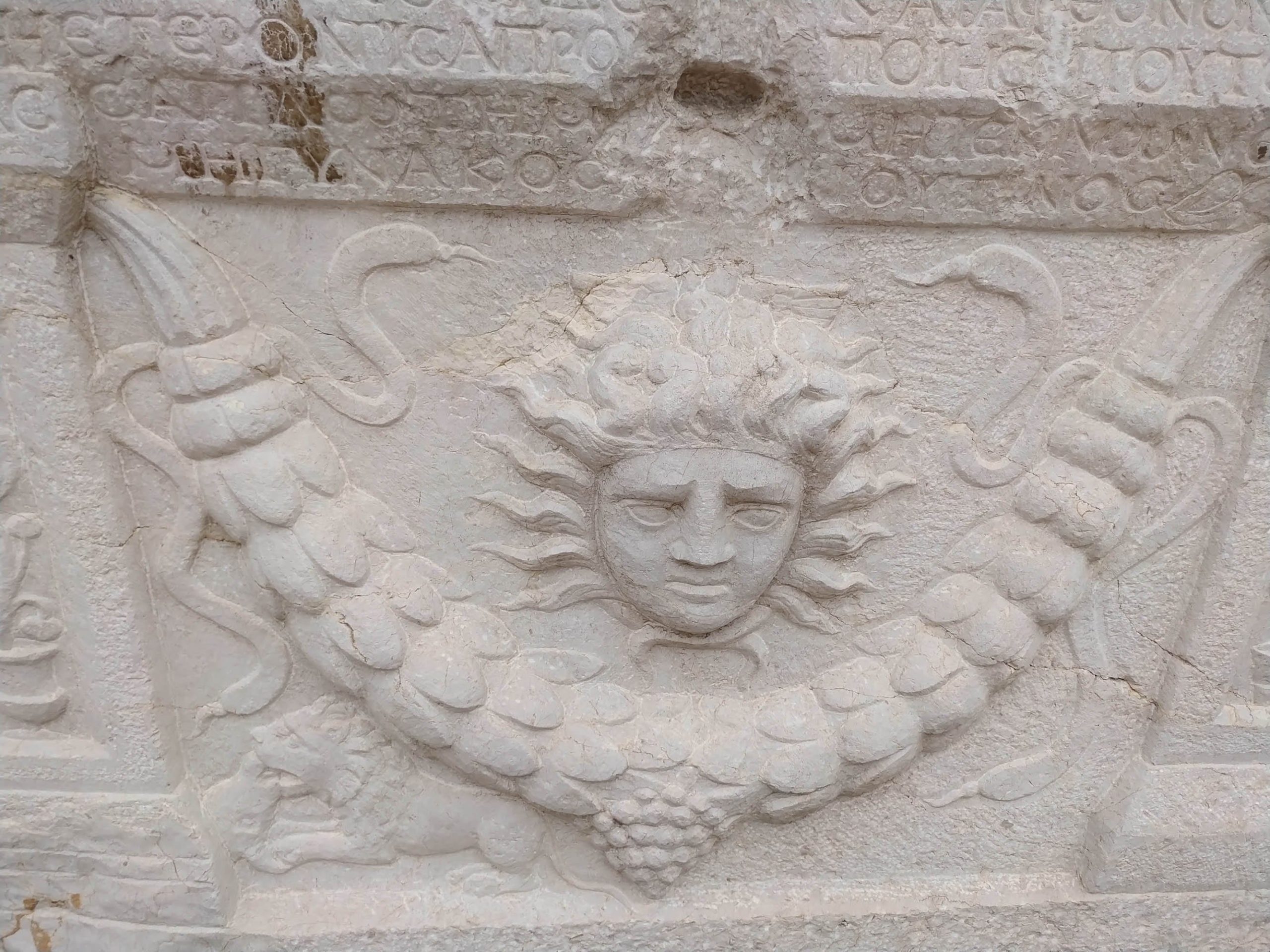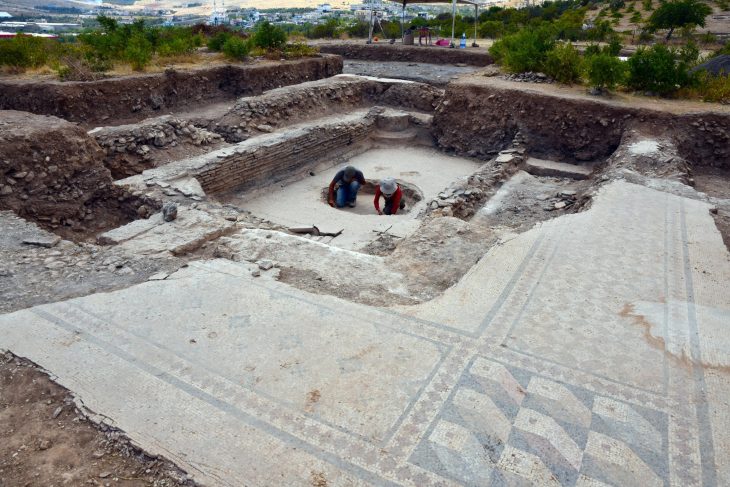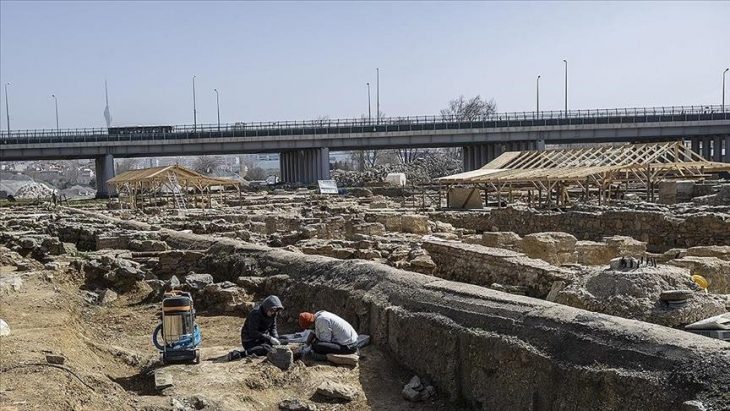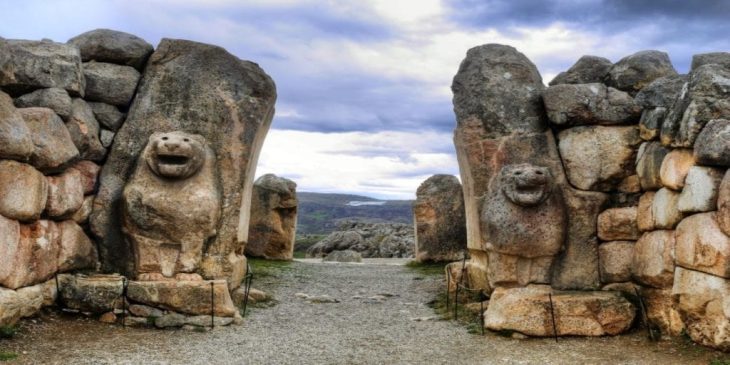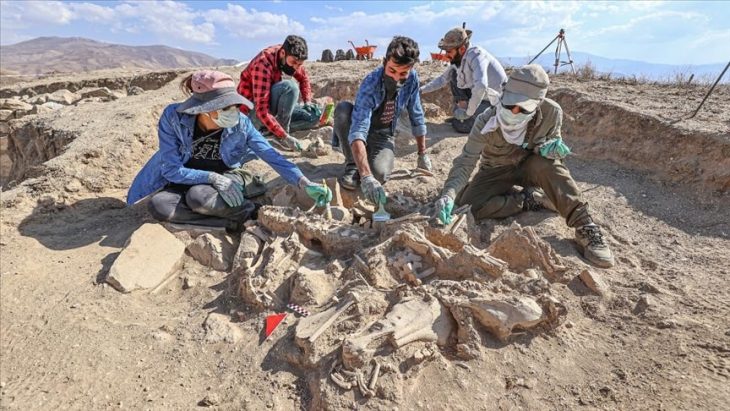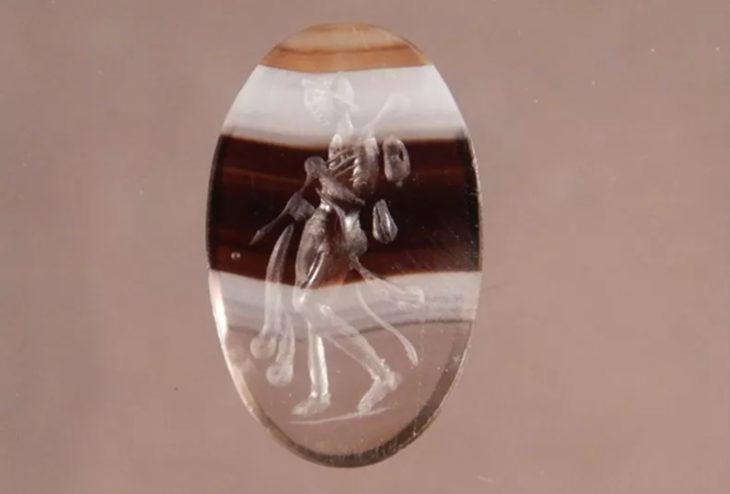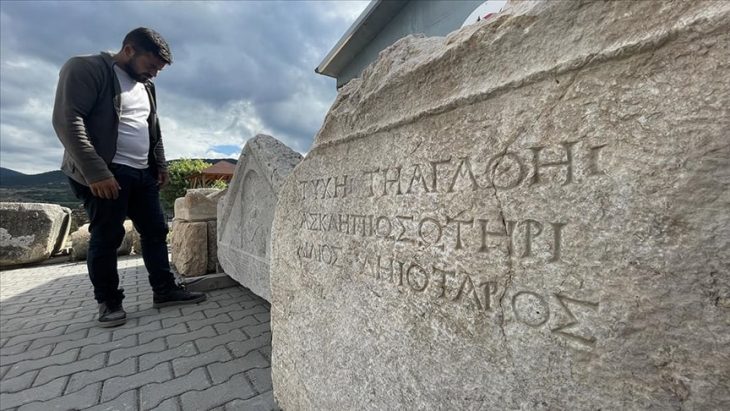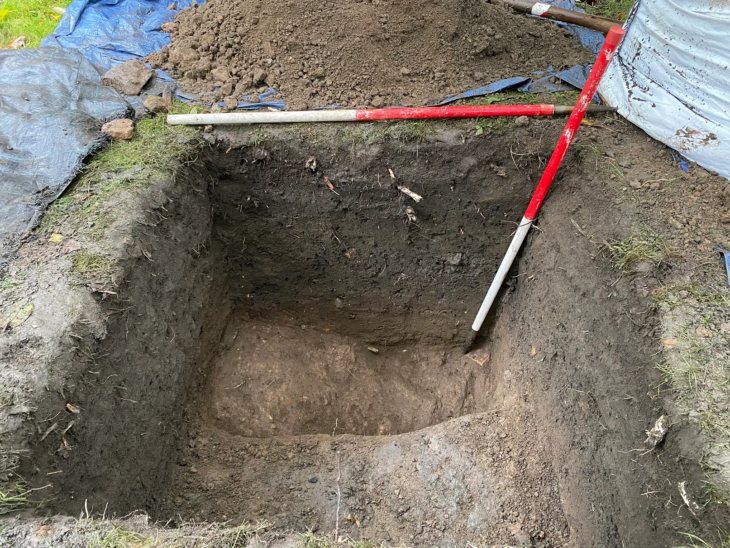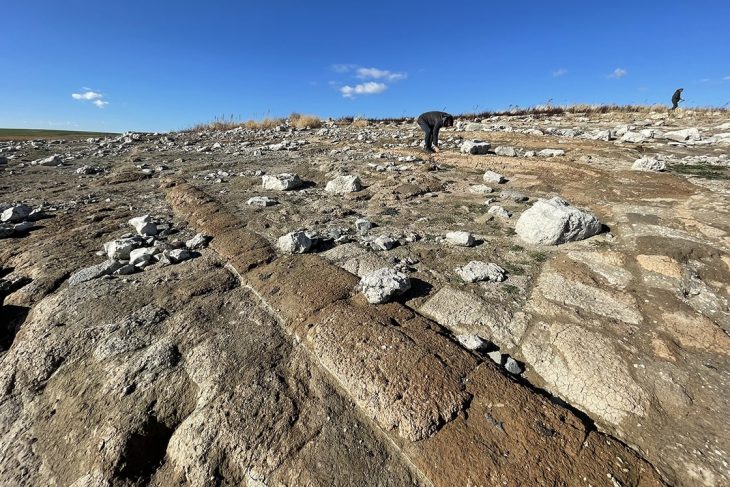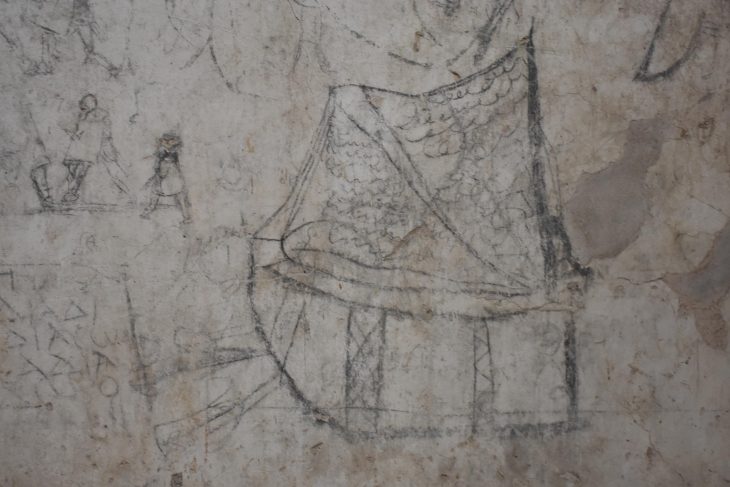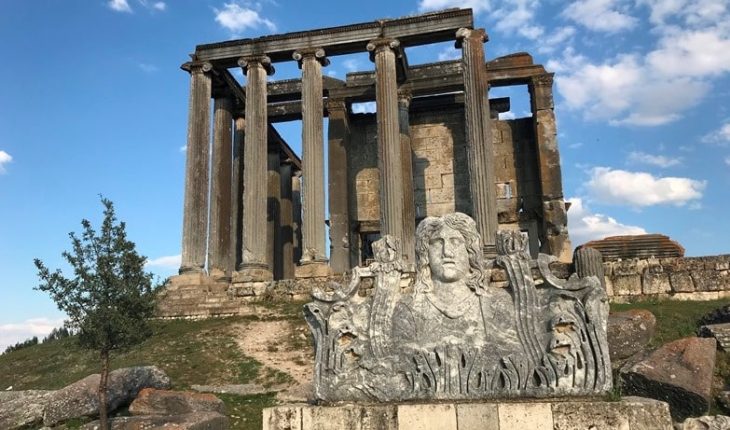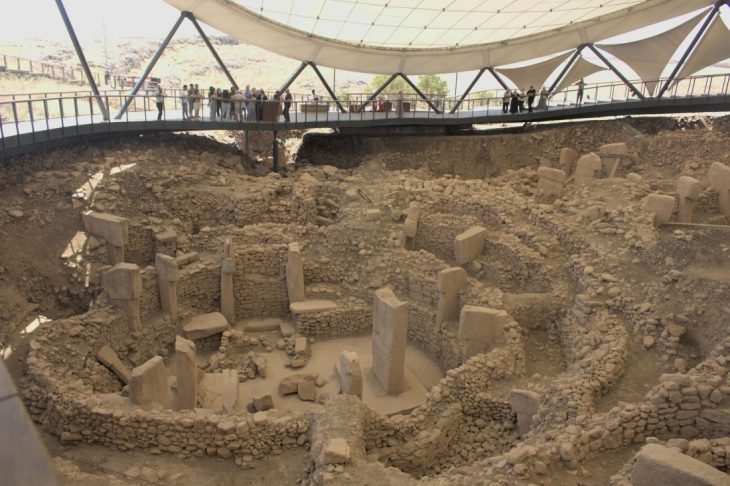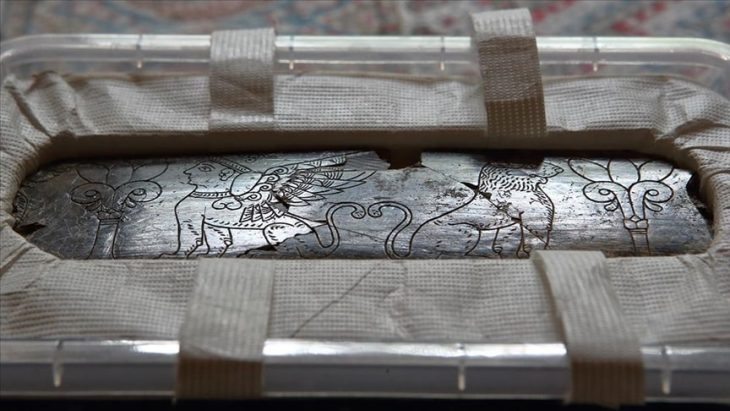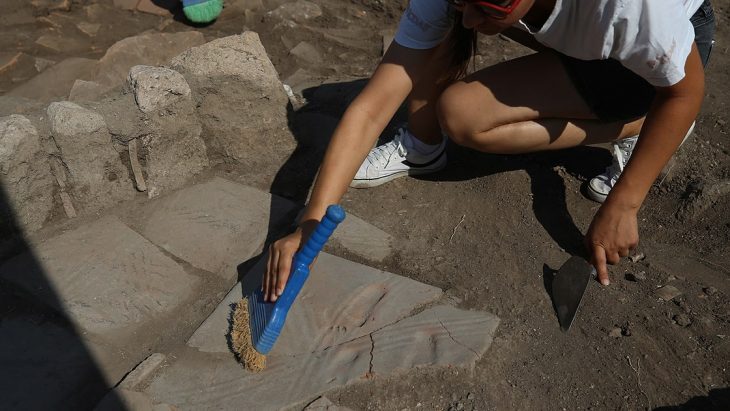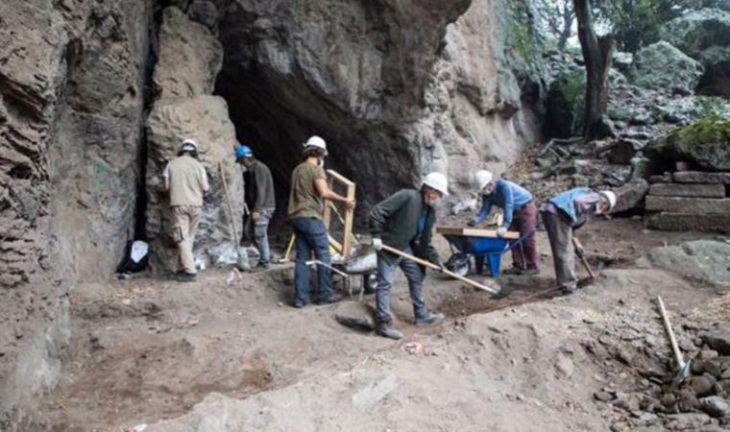Expressions made of Greek letters were encountered in the Roman sarcophagus found in the rescue excavation carried out by the Amasya Museum officials in 1994 in the Aktarla village of Merzifon district.
In the sarcophagus made of limestone in researches “May those who approach (this sacred place of final rest) with malicious intent, try to take over this grave or commit other evils, walk on this Earth as accursed beings – unable to traverse land or penetrate seas. Let them not see any benefit from their children, and especially not from their spouses, let their livelihoods reduce (to dust and splinters)” It was determined that he wrote.
The director of the Amasya Museum Celal Özdemir told Demirören News Agency (DHA) that the owner probably built the sarcophagus and inscribed a curse on it to prevent the ancient tomb from being robbed.
Özdemir said that the owner of the tomb most likely ordered its creation before he died and then had this curse written on it in hopes that it would deter grave robbers and treasure hunters from stealing the contents and destroying the sarcophagus.
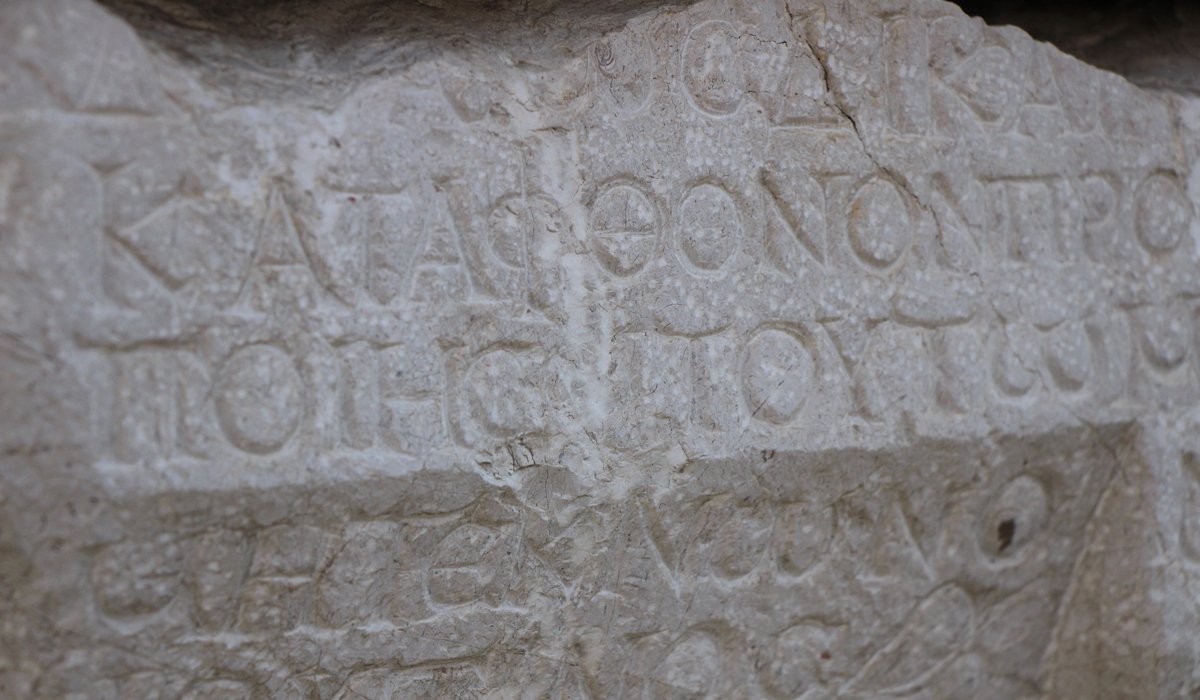
“All these warnings were to prevent the grave from being robbed, stealing the gifts of the dead, and from damaging the grave,” he said, adding that despite the curses and warnings, all the jewelry and valuable items buried with the family has been stolen.
Özdemir said there was a relief of the profiles of the grave owner and his wife outside the grave and four skeletons, two of the parents and two of the children, were found inside.
The mysterious sarcophagus is among the most precious works of the Amasya Museum where it is exhibited.
Cover Photo: DHA

